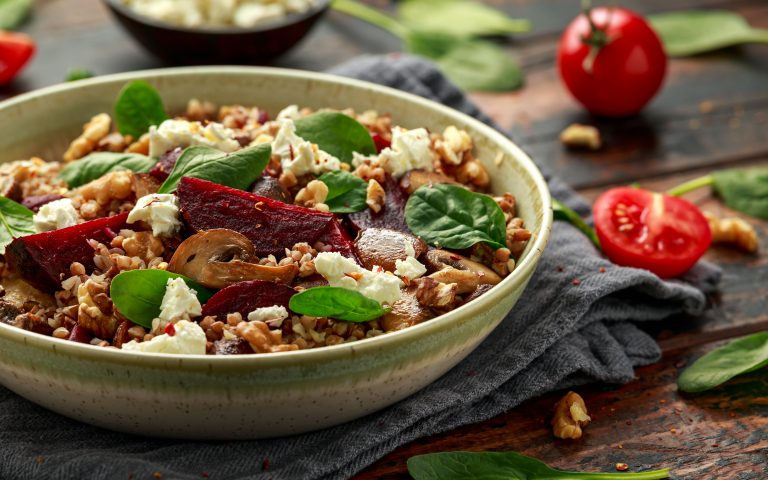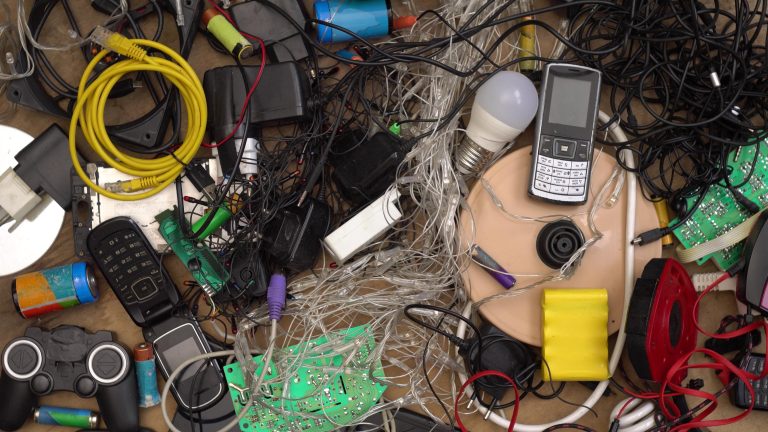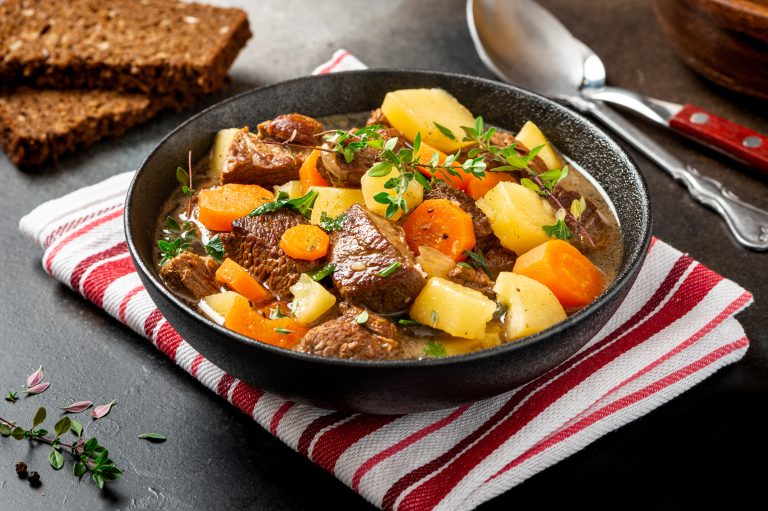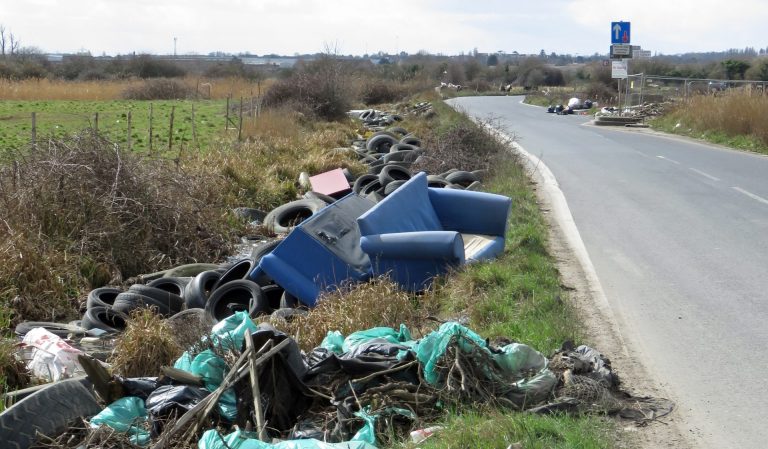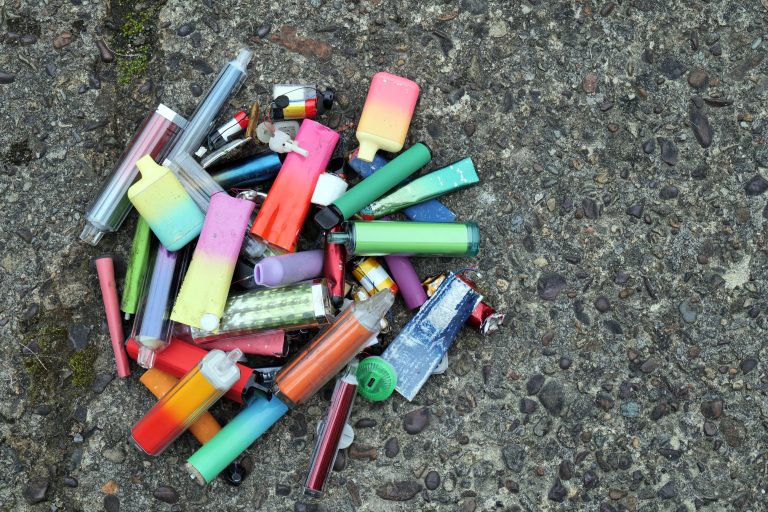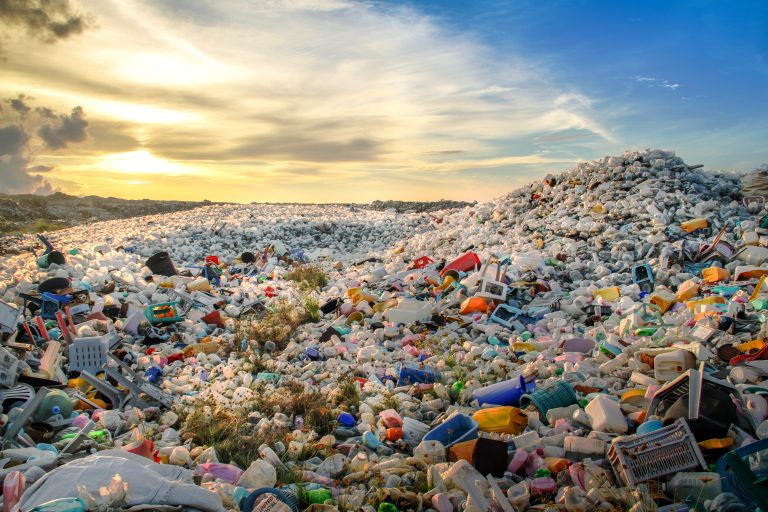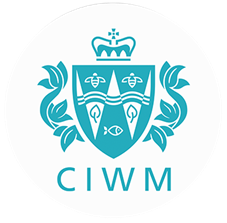Top 10 Everyday Items You Didn’t Know Could Be Recycled
Recycling is a powerful tool in reducing waste, conserving natural resources and helping protect our planet. While most of us are familiar with recycling common items like bottles, cans and paper, there are many household items that often get overlooked. From food packaging to personal care products, recycling isn’t always as straightforward as it seems.
Here’s a list of 10 everyday items you didn’t know could be recycled and how you can make sure they don’t end up in a landfill.
- Old Toothbrushes
Your worn-out toothbrush doesn’t have to be rubbish. Many toothbrushes are made from recyclable plastic, though not all recycling centres accept them. Look for brands offering recycling programs or check local guidelines to see if they’re accepted.
- Pizza Boxes (Without Grease!)
Pizza boxes are usually made of cardboard, which is recyclable. But if they’re stained with grease or food, they will be classed as General Waste. If your pizza box is clean enough, toss it in the recycling bin! Just be sure to remove any food particles.
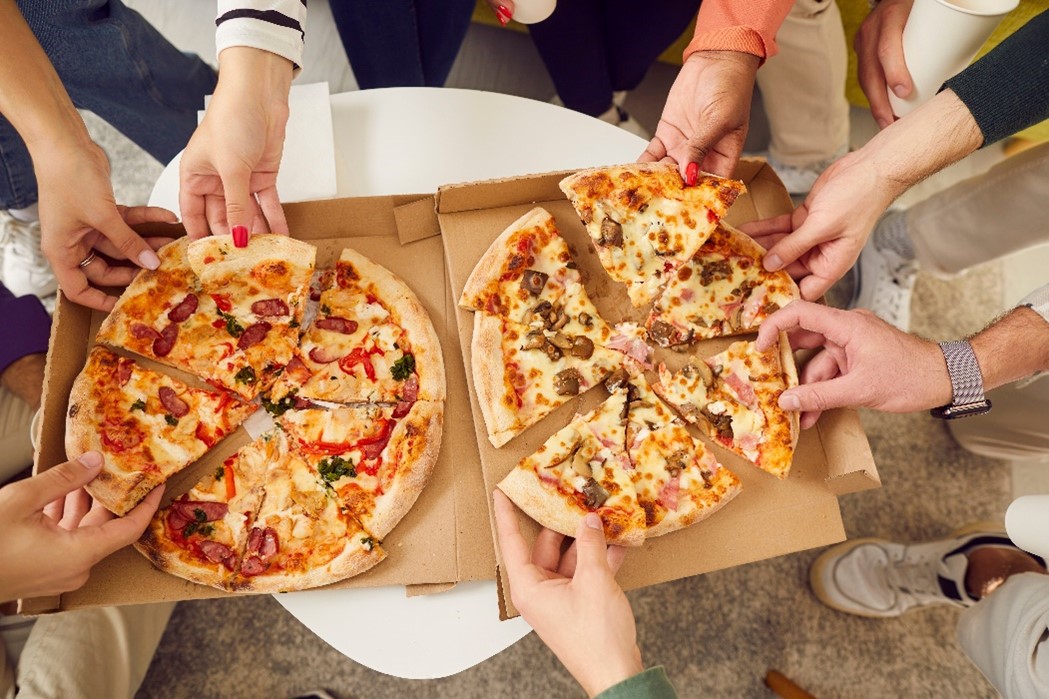
- Coffee Pods
Single-serve coffee pods are a common source of waste, but many can be recycled if properly prepared. Some brands have introduced recyclable pods made from aluminium or plastic, but make sure to remove coffee grounds before recycling. Some companies, like Nespresso, offer pod recycling programs to make the process easier.
- Old Clothing and Textiles
Clothes that are worn out or no longer needed shouldn’t be thrown away. Textiles such as shirts, pants, shoes and towels can be recycled or repurposed. Many donation centres accept old clothes, even if they’re damaged, while textile recycling programs can turn them into new products like insulation or cleaning rags.
- Aluminium Foil
Aluminium foil can be recycled, but it must be clean and free from food residues. If you’ve used it for cooking, simply rinse it before putting it in the recycling bin. Aluminium is highly recyclable, so don’t let it end up in the landfill!
- Shampoo Bottles
Plastic shampoo and conditioner bottles are commonly thrown away, but most are made from recyclable plastic. Just rinse them out and remove any caps or pumps (these are often made from different materials and may need to be disposed of separately).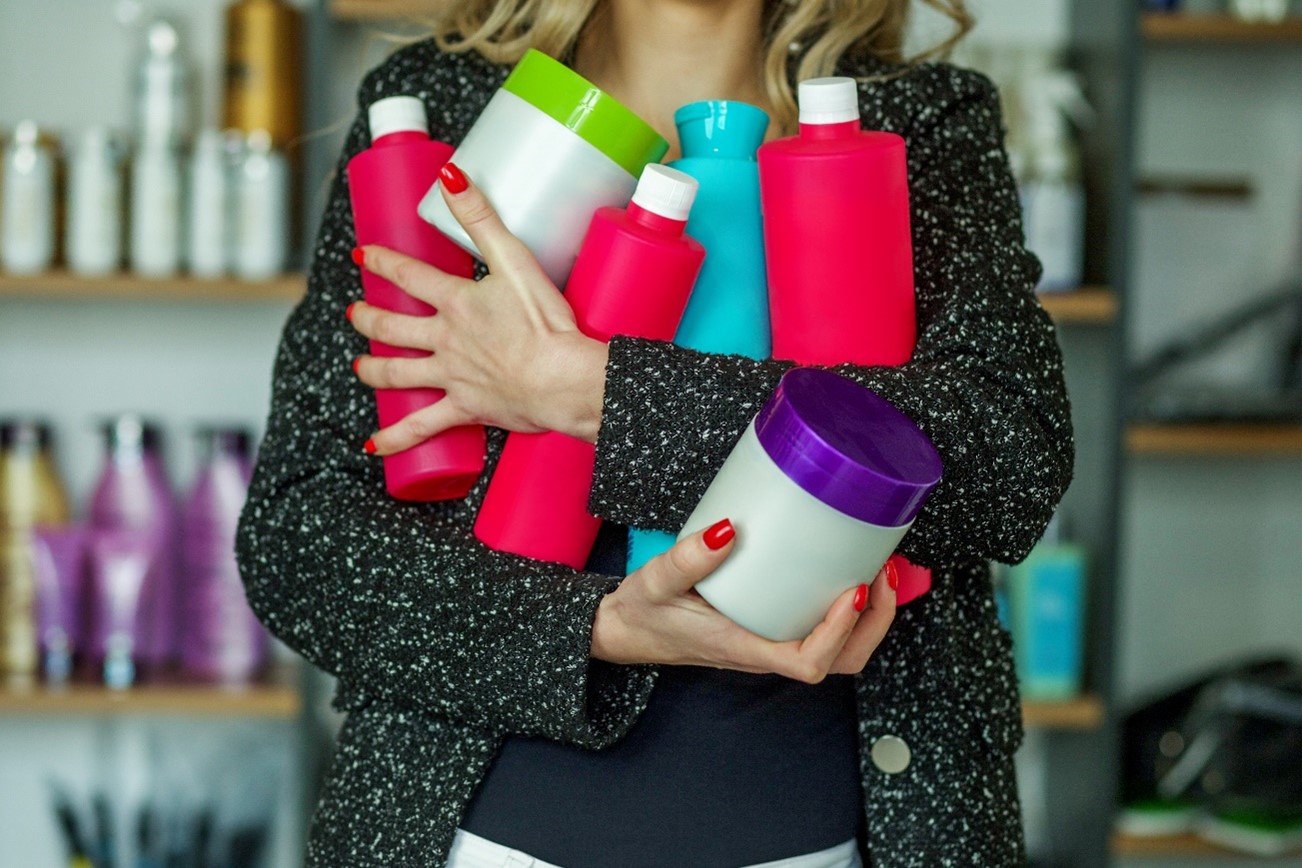
- Egg Cartons
Egg cartons are often made from cardboard or paper, which is recyclable. However, the type of material varies, so it’s important to check with your local recycling program. Some egg cartons may be compostable if they’re made from pressed paper pulp.
- Magazines & Catalogues
Magazines and catalogues are often overlooked when it comes to recycling. While glossy pages might seem like a problem, most magazines can be recycled as long as they don’t contain plastic coating. Just toss them in the paper recycling bin along with newspapers and other paper materials.
- Soft Plastics
Many big supermarkets across the UK now have easy-to-use collection points for soft plastics, so you can drop off a variety of items for recycling. This includes things like bread bags, cereal and rice packaging, dry food bags, salad bags, carrier bags, bubble wrap and peel-off film lids. By accepting these plastics, supermarkets are making it simpler for us to recycle items that usually can’t go in our home recycling bins. It’s a great step towards cutting down on plastic waste and supporting a more sustainable future!
- Plastic Lids and Caps
Plastic lids from bottles, yogurt containers and other products are often overlooked, but they can be recycled. Make sure to clean them out before recycling and check with your local facility about whether they accept small plastic caps and lids.
Recycling is an essential practice for reducing waste and promoting a circular economy, but it’s not always clear which items can be recycled. The next time you’re about to throw something away, pause and consider if it can be recycled instead. From household items like old toothbrushes and coffee pods to food containers and greeting cards, there are countless items in your home that can be repurposed and recycled to help preserve the planet’s resources. By making small changes to your recycling habits, you can have a big impact on the environment.



